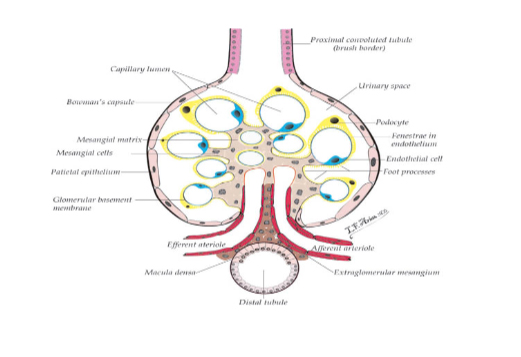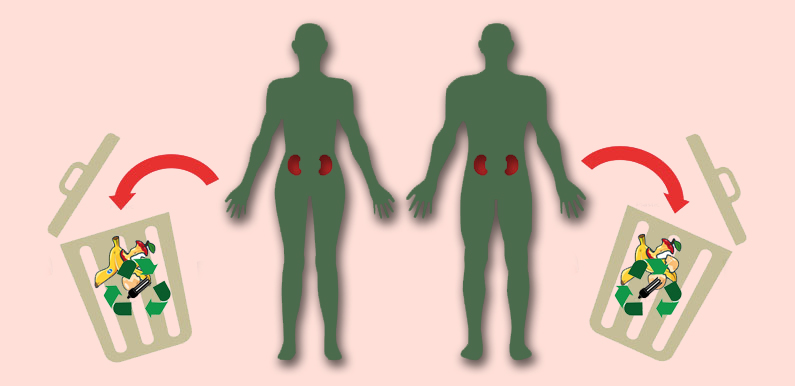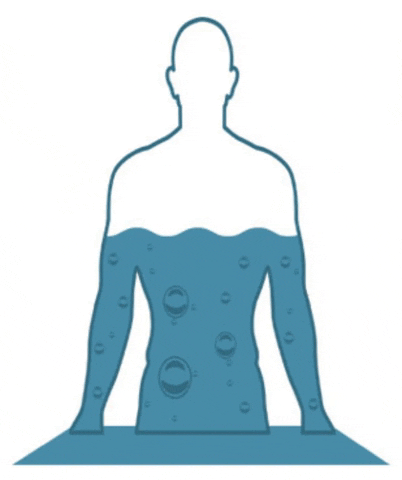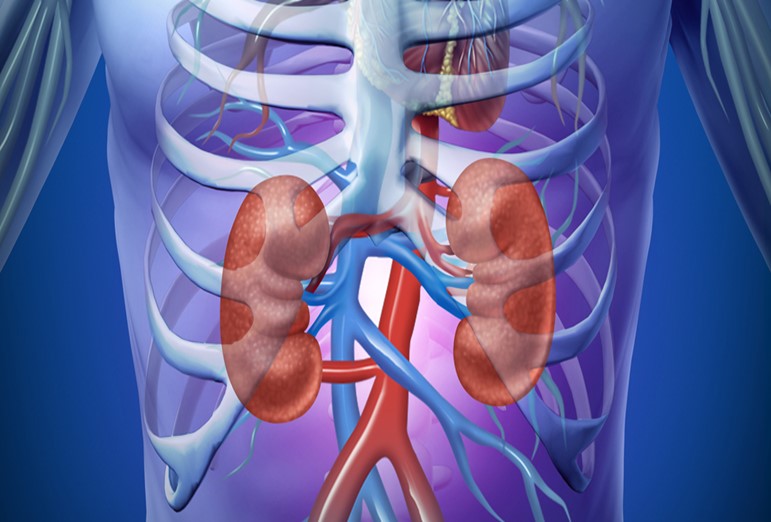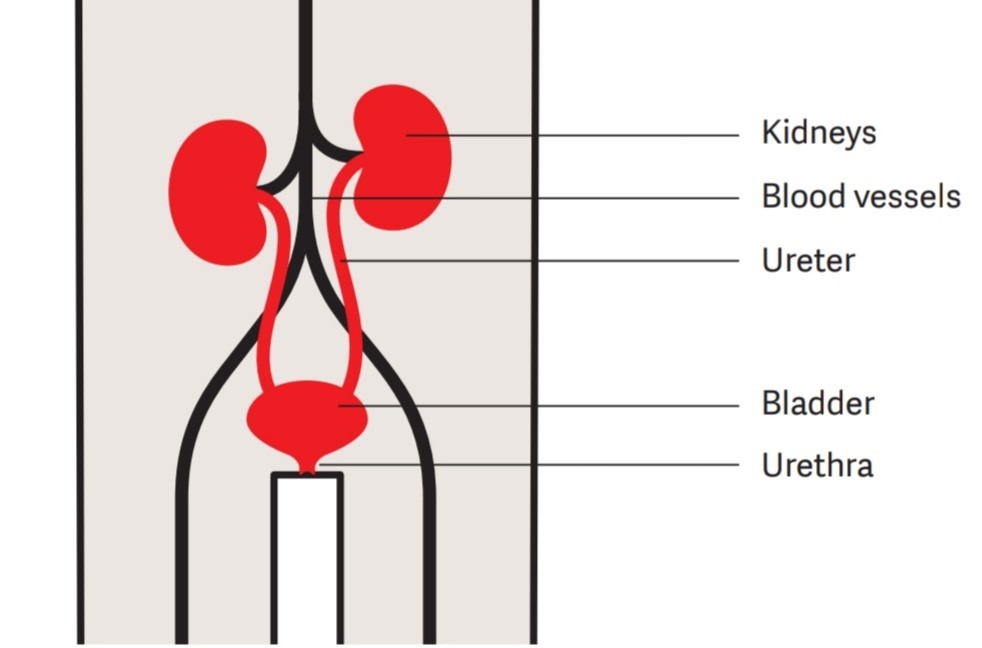Know Your Kidney
- There is widespread ignorance about what kidneys are and how serious Chronic Kidney Disease (CKD) is
- The need of the hour is to raise awareness, highlight the CKD burden and encourage general public and government to invest in measures for better prevention and early detection
General Facts about CKD :
- 10% of the adult population suffers from CKD
- Every year, millions die of complications related to CKD
- Treatments like dialysis and kidney transplantation are not affordable or are extremely costly and heavily weigh on public healthcare budgets
Kidneys are unsung heroes of the body
The kidneys are powerful chemical factories that perform the following functions:
- Remove waste products from the body
- Balance the body's fluids
- Release hormones that regulate blood pressure
- Produce an active form of vitamin D that promotes strong, healthy bones
- Control the production of red blood cells
- The nephron (fromGreek νεφρός – nephros, meaning "kidney") is the microscopic structural and functional unit of the kidney.
- It is composed of a renal corpuscle and a renal tubule. The renal corpuscle consists of a tuft of capillaries called a glomerulus and an encompassing Bowman's capsule. The renal tubule extends from the capsule. The capsule and tubule are connected and are composed of epithelial cells with a lumen. A healthy adult has 0.8 to 1.5 million nephrons in each kidney.
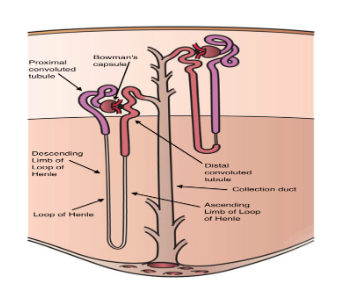
Glomerulus:
- The glomerulus plural glomeruli, is a network of capillaries known as a tuft, located at the beginning of a nephron in the kidney. The tuft is structurally supported by intraglomerular mesangial cells.
- The blood is filtered across the capillary walls of this tuft through the glomerular filtration barrier, which yields its filtrate of water and soluble substances to a cup-like sac known as Bowman's capsule. The filtrate then enters the renal tubule, of the nephron
- The glomerulus and its surrounding Bowman's capsule constitute a renal corpuscle, the basic filtration unit of the kidney.[2] The rate at which blood is filtered through all of the glomeruli, and thus the measure of the overall renal function, is the glomerular filtration rate (GFR)
